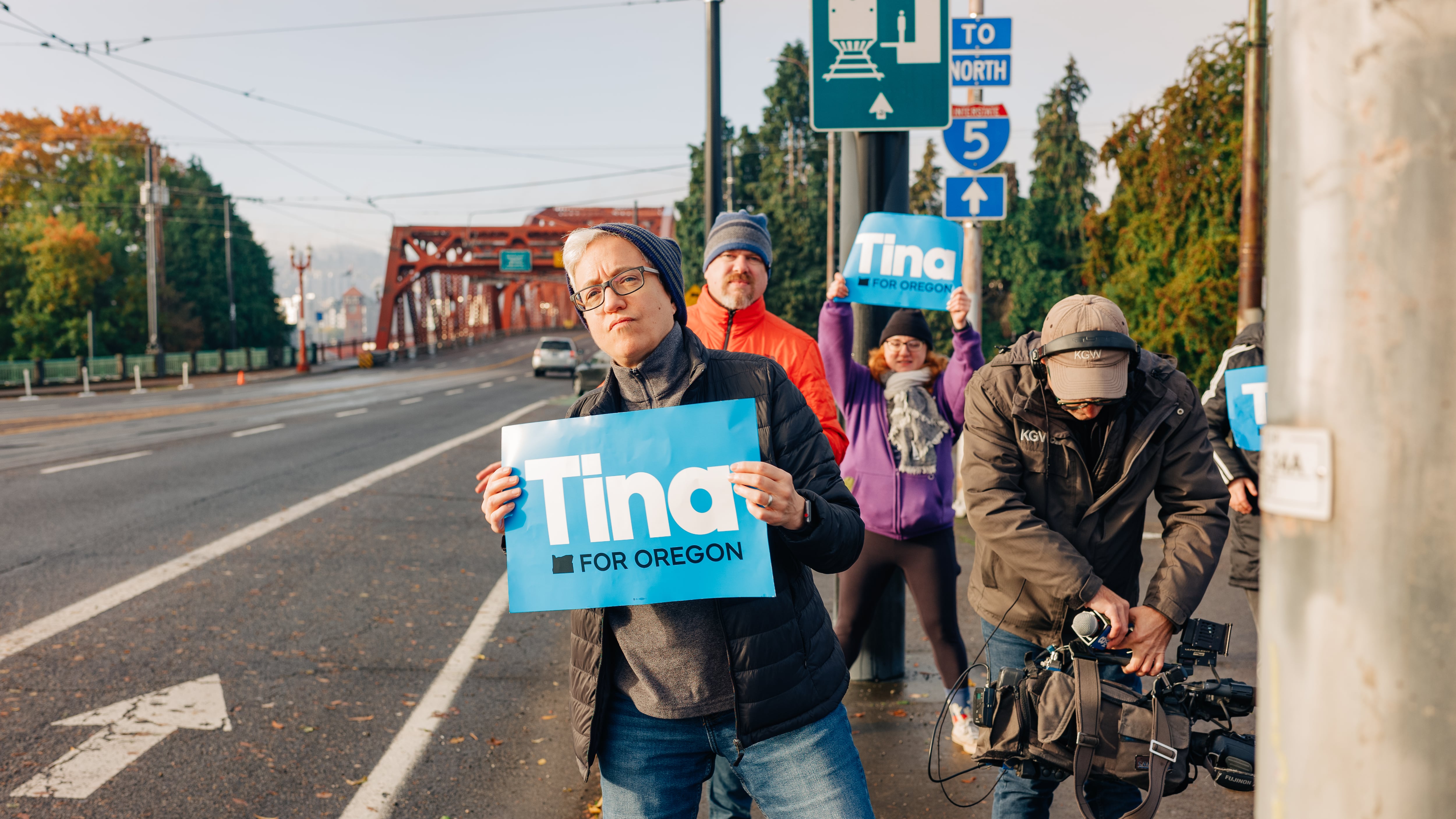On April 3, Metro’s Stakeholder Advisory Table met for the third time to hash out a thorny, high-stakes proposition: Should the agency ask voters in November to consider diverting some of the revenue from the 2020 supportive housing services measure toward developing affordable housing?
As WW has previously reported, the question stems from three overlapping factors, in no particular order: First, the $652.8 million housing bond Metro floated in 2018 is fully committed, meaning that, although the agency has delivered more than promised, it has no more cash to alleviate the region’s housing shortage; second, the counties have struggled to spend the money the SHS measure has delivered; and third, economists predict the 10-year measure will continue to generate vastly more money than originally forecast.
Related: Counties, Metro Surface Major Disagreement Over Homeless Services Tax at Second Meeting
The battle lines are clear at this point: Metro and some business groups, such as the Portland Metro Chamber, think it would be a good idea to put the question on the November ballot, while the board chairs in Clackamas, Multnomah and Washington counties oppose what they see as a cash grab.
As the panel launched its third round of discussions yesterday at Metro’s Northeast Portland headquarters, an important constituent, Gov. Tina Kotek (who lives in Salem but is nonetheless engaged in metro-area issues), offered her thoughts on the matter simultaneously during a press conference at the Oregon State Library.
No reporter asked Kotek about what to do with the homeless services tax—instead, she offered her thoughts on a variety of topics before addressing controversy over the role of first lady Aimee Kotek Wilson in the governor’s office.
Here’s what Kotek said about the possible diversion of SHS money:
“I really appreciate what Metro Council is trying to do, which is have a clear conversation about the dollars that are needed for shelter and services that were the original intent of the SHS measure, but also really understanding what money has been spent and what money projected could go towards affordable housing development,” Kotek said.
In keeping with her recent statement that she wants to see local governments spend money more effectively, she said she’d shared that message with the leading opponents of Metro’s idea.
“I’ve met individually with all three of the county chairs about the dollars,” Kotek said. “And my message to them is, we need to know what is sustainable for you in services, and you need to share your math.”
While the governor didn’t explicitly say she thinks the question ought to be on the November ballot, she made it pretty clear she’s not satisfied with the status quo.
“I think we all know that it’s not enough to stand up shelters and shelter services and transitional housing. People need a place to go at the end of the day,” Kotek said.
“And having some metro-area source of funding for affordable housing development is important because the existing streams of funding will be expended,” she added. “And so the conversation that Metro is having is really important. And I urge the county leaderships to really be clear about what they need going forward and understand if we have some money for affordable housing development.”
The Metro panel holds its next meeting April 17.

